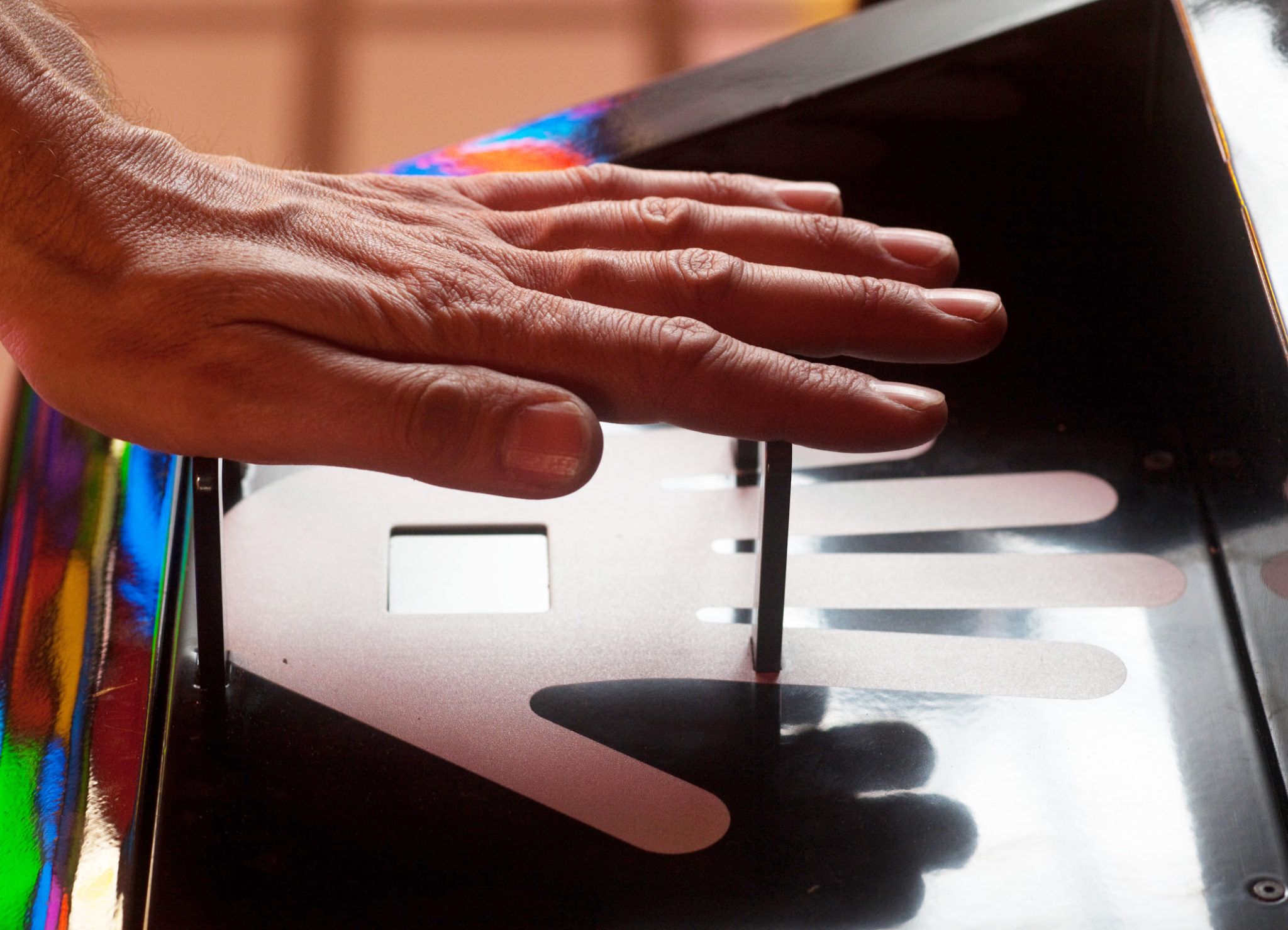
Flickr
Dartmouth Dining Service announced plans on Feb. 21 to introduce biometric scanners on campus, replacing ID swipes with hand swipes in the Class of 1953 Commons. According to The Dartmouth, the new system is expected to increase efficiency and prevent lines from forming during peak dining times.
A number of schools have already implemented biometric technology on campus. The University of Maryland has relied on a biometric reader in campus dining halls since 2016 when they introduced an all-you-can-eat meal plan with unlimited access. Fuller Ming, the assistant director for IT for the University of Maryland dining services, said the system was initially instituted to prevent potential fraud, but, since then, “the efficiency has been incredible.”
As biometric technology expands across campuses, some have questioned whether Yale might be next.
“At present, Yale has a secure environment in place that requires a student ID card for access to the Colleges,” Yale Hospitality Communications Manager Melissa Roberts wrote in an email. “A system that scans a handprint may not be the best solution necessary for our spaces.”
With biometric access, students simply walk in and wave their hand over the reader, which then scans their fingerprints and, based off an algorithm, produces an encoded number linked to the students’ accounts. According to Fuller, the system stores the number, rather than the fingerprints, preventing potential hackers from recreating the fingerprint and stealing personal information.
Dartmouth Director of Dining Services Jon Plodzik says that Dartmouth Dining Services would use a similar biometric system and would not store fingerprints.
However, Nathaniel Raymond, a lecturer at the Jackson Institute for Global Affairs whose research focuses on issues of data governance and regulation, says that until students see the physical agreement, or the end-user license agreement, it is impossible to know how the data might be shared.
“Those terms of service statements need to be made public in terms of scenarios in which that data may be shared,” Raymond said. Among those scenarios is the chance of a subpoena, non-subpoena sharing with law enforcement, both on and off campus and even the potential for a subpoena from immigration authorities.
Although primarily deployed in dining halls, biometric technology has also been used to access other areas of campuses, including dorms, libraries and gyms. Raymond worries that, once in place, the system could quickly expand to other campus buildings, tracking the action patterns of each student throughout the day.
“There is an understandable impulse to focus on this one use case, but what we have to do is think about the causal chain of potential intended and unintended consequences and how this system may be used as the first step in a broader web of biometric-based identifiers,” Raymond said.
Yale Dining has explored biometric technology, including fingerprints, palm prints and iris scans, used by the University of Georgia. According to Roberts, Yale Dining considered a number of options, before deciding on the Tap and Go technology, which was implemented two years ago and eliminated the need for a physical card swipe.
With the success of Tap and Go, Roberts said she does not see a need for a new system. And, while students expressed interest in the idea of eliminating IDs, most agreed the current system was sufficient.
“I think it would definitely increase convenience since a lot of people are always losing their IDs, but I would rather them use the funds on something else,” Candice Wang ’21 said.
Aishwarya Bhattacharya ’21 questioned whether implementing a biometric system would even add to efficiency.
“It’s not even the tap which is slow but the computer processing which is slow,” Bhattacharya said. “I don’t see how waving your hand is going to be any faster if the technology that is processing your swipe or hand swipe is the slow part.”
Currently, Yale Dining does not plan to move to a biometric system, though they might explore the use of mobile phones as a form of identification, Roberts said.
“Biometric systems do not replace the personal experience Yale Dining creates within the dining halls,” Roberts wrote in an email to the News. “Greeting students, addressing concerns, cleaning and creating memorable experiences require Yale dining employees, as dining halls are an extension of living spaces for our students.”
According to an internal survey conducted by CBORD, the leading provider of cashless card systems on campuses, 48 percent of the universities polled indicated plans to introduce or expand the use of biometrics on campus.
Aidan Campbell | aidan.campbell@yale.ed







